
Danielle Darrieux (French pronunciation: [da.niɛl i.vɔn ma.ʁi ɑ̃.twa.nɛt daʁ.jø]) (1 May 1917 – 17 October 2017) was a French actress and singer, who appeared in more than 110 films after 1931. She was one of France's great movie stars and her eight-decade career is among the longest in film history.
Explore all movies appearances
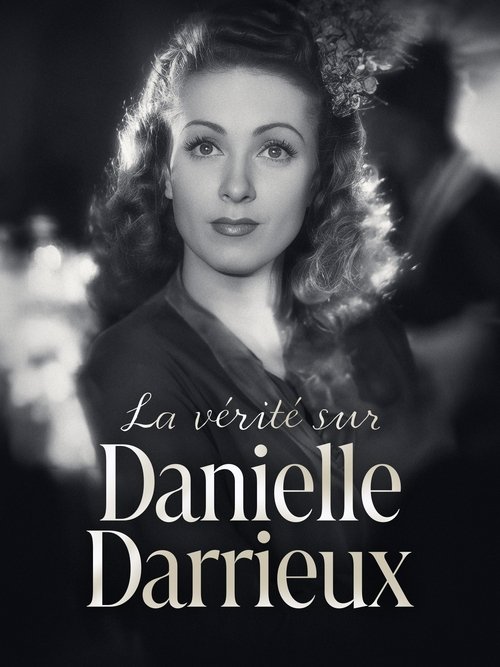
Director and Danielle Darrieux specialist Clara Laurent, author of the book Danielle Darrieux, une femme moderne (Danielle Darrieux, a modern woman), analyzes the fascinating career of this iconic French film actress.
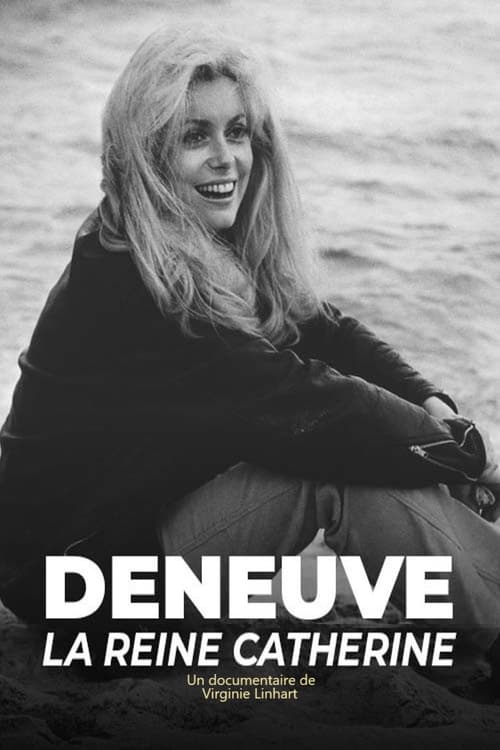
She is said to be cold, secretive and mysterious. She has the reputation of not letting anything of her intimate thoughts, her private life, her joys as well as her torments show through. She managed to protect her family, her loves, her choices from the curiosity of magazines and her public. A tour de force for a sixty year long career with more than one hundred and thirty films shot with the greatest filmmakers in the world. However, the raw material for a very personal account of Catherine Deneuve exists: it can be found in the interviews given by the actress from her beginnings until today. They allow us to discover another Catherine Deneuve.
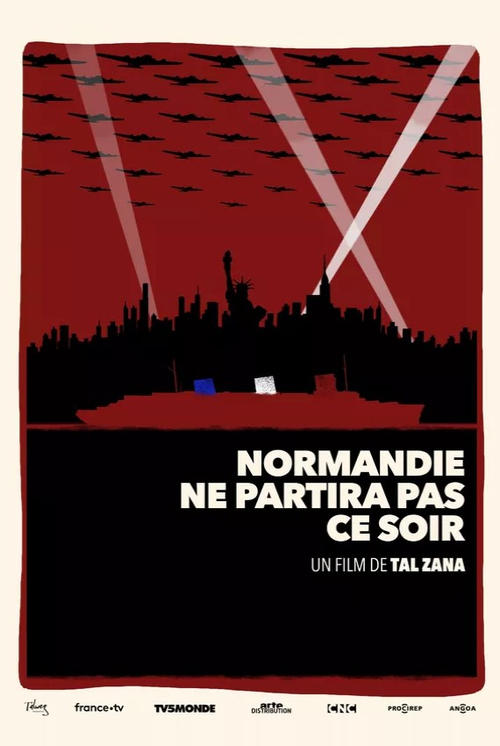
It was the world's largest, most beautiful and fastest cruise ship. Built in Saint Nazaire in 1932, the "Normandie" was the pride of France. But it took only a few hours, amidst the chaos of World War Two, for this dream of grandeur to lie broken in New York harbour.
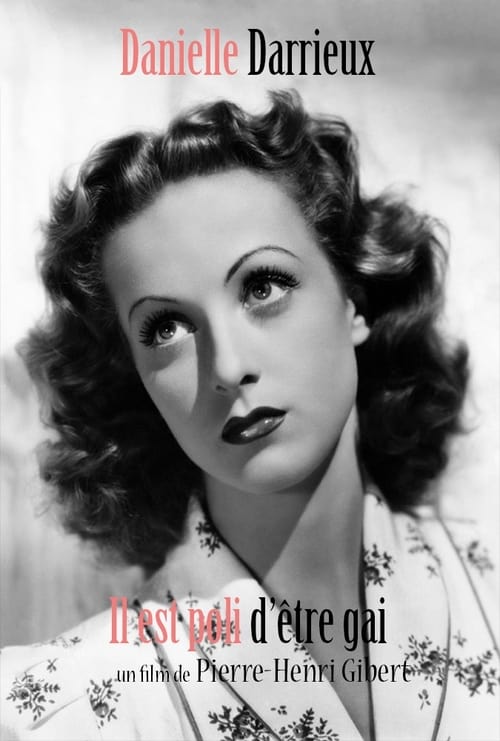
Danielle Darrieux - icon and actress of the century: as a 16-year-old, the French actress perfectly embodied what we would call an "It Girl" today. She conquered Hollywood at a young age with elegance and charm. She defied the taboos of patriarchal society. The documentary takes a look back at Darrieux's 80-year career.

Paris, 1940. German occupation forces create a new film production company, Continental, and put Alfred Greven – producer, cinephile, and opportunistic businessman – in charge. During the occupation, under Joseph Goebbels’s orders, Greven hires the best artists and technicians of French cinema to produce successful, highly entertaining films, which are also strategically devoid of propaganda. Simultaneously, he takes advantage of the confiscation of Jewish property to purchase film theaters, studios and laboratories, in order to control the whole production line. His goal: to create a European Hollywood. Among the thirty feature films thus produced under the auspices of Continental, several are, to this day, considered classics of French cinema.
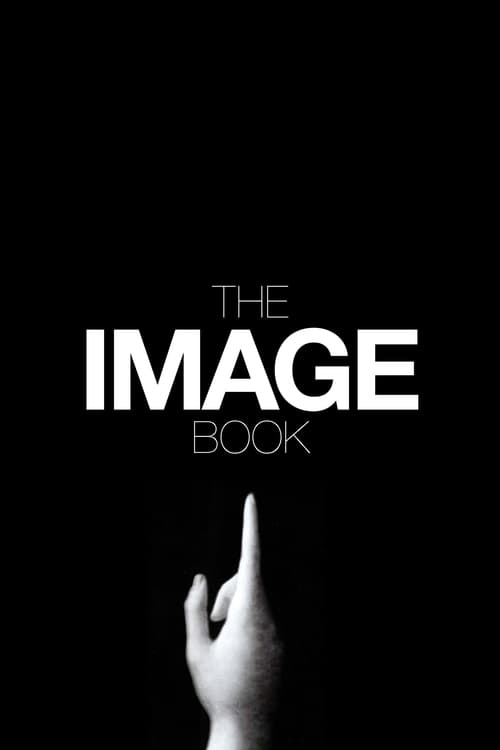
In Le Livre d’Image, Jean-Luc Godard recycles existing images (films, documentaries, paintings, television archives, etc.), quotes excerpts from books, uses fragments of music. The driving force is poetic rhyme, the association or opposition of ideas, the aesthetic spark through editing, the keystone. The author performs the work of a sculptor. The hand, for this, is essential. He praises it at the start. “There are the five fingers. The five senses. The five parts of the world (…). The true condition of man is to think with his hands. Jean-Luc Godard composes a dazzling syncopation of sequences, the surge of which evokes the violence of the flows of our contemporary screens, taken to a level of incandescence rarely achieved. Crowned at Cannes, the last Godard is a shock film, with twilight beauty.
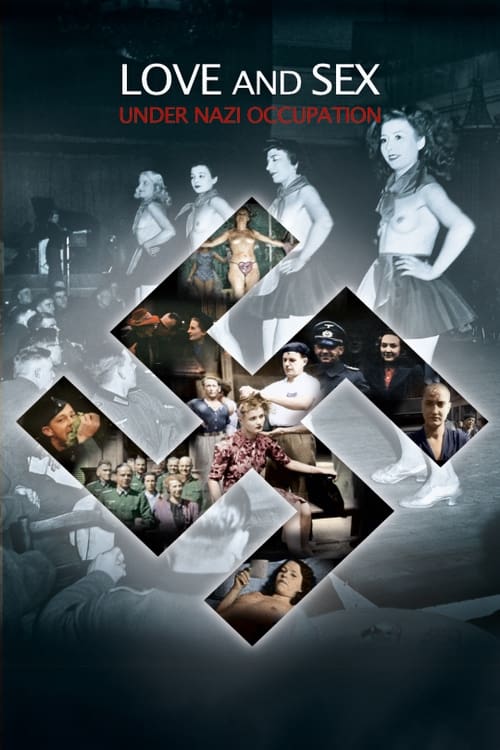
Love & Sex under Nazi Occupation questions the burning mystery of intimate heterosexual and homosexual relations in times of war... and shows how being close to death reinforces the yearning for passion, for pleasure, for transgression, for desire as a last burst of freedom, as an ultimate call to life. Nearly two hundred thousands children are thought to be born of the union of French women with German soldiers. Women weren't the Germans' only conquests; indeed, occupied Paris swarms with all kinds of homosexuals—from Genet to Cocteau—who treated with the occupier. The fate of those women who were shaved at the end of the war for fraternizing with Germans is the punishment of a France that lied down and slept with the enemy.
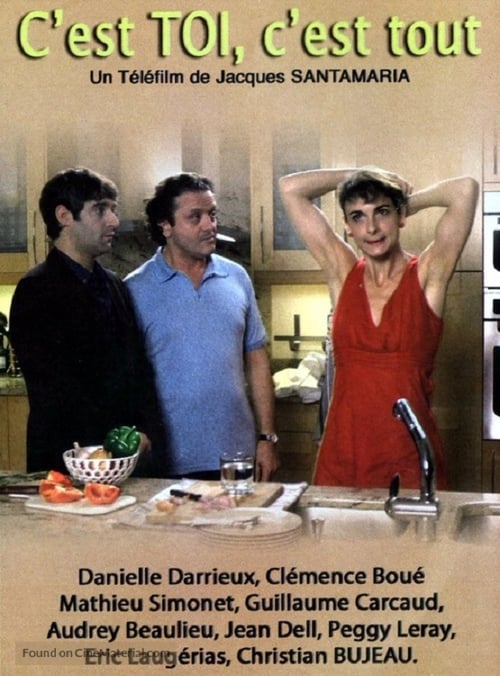
"It's You, That's All" tells the story of a young woman who has locked herself away in the worst kind of solitude, that of the heart, and to whom fate, cruel and capricious, offers one last chance to escape. It is indeed her last chance, as Pauline is about to leave behind this period of her life when anything is still possible. After that, in many ways, it will be too late. Either Pauline suffers and becomes a victim, or her explosive personality pushes her to take action so that the man of her life is finally hers. She therefore decides to devise a plan that, she believes, will allow her to take revenge on Mathieu, the man who abandoned her a few years earlier. But the scheme will get out of hand, and the revenge she had imagined will turn into a whirlwind of misunderstandings and unexpected situations until the final twist, proving once again that the hunter becomes the hunted.
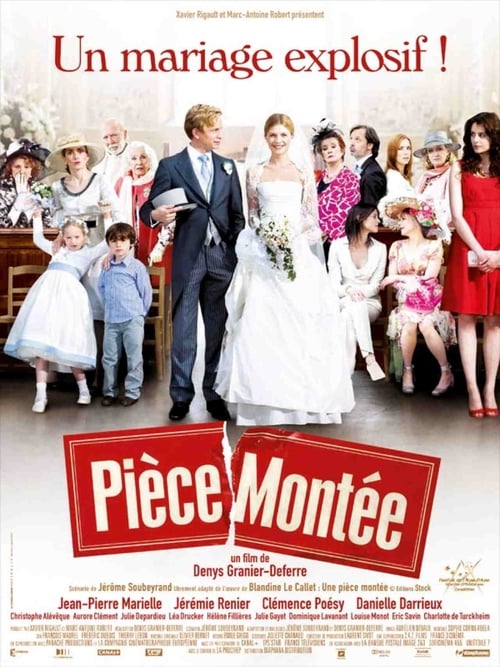
The wedding of Vincent and Berenger does not begin well. For starters, the fabulous cake for the reception falls apart as the butler of the château, and one of the caterers is taking down a flight of stairs falls. The cream puffs are carefully picked up from the floor an arranged as though nothing happened. The bride comes from a bourgeois family, presided by Maddie, an old lady with a secret in her heart. The wedding, to be performed at the local church, by father Victor, proves to be not the classic marriage that has been planned...
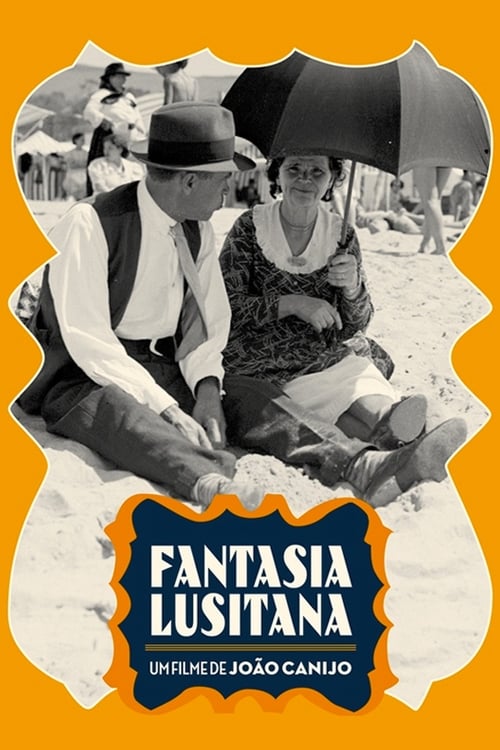
Images and sounds expose the duality of Portugal during the days of WW2: a peaceful, god-loving, rural country, providing an escape route for over one hundred thousand European refugees to the Americas; and a political and cultural elite that disguised their Nazi inclinations just enough to play its neutral role in international politics.
Subscribe for exclusive insights on movies, TV shows, and games! Get top picks, fascinating facts, in-depth analysis, and more delivered straight to your inbox.